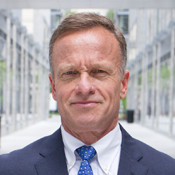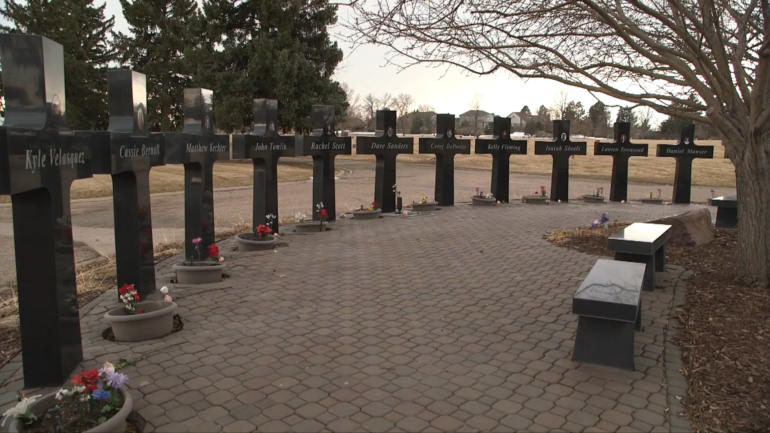Relatives of some U.S. shooting victims are demanding that videos and news coverage of such crimes be severely restricted.
CGTN’s Hendrik Sybrandy reports.
On March 15, a gunman killed 50 Muslims at two mosques in Christchurch, New Zealand.
A camera mounted on the shooter’s military-style helmet transmitted the rampage in real time on Facebook Live.
“I was sick,” said Coni Sanders. “I was sick at the fact that this video was out there.” Sanders lost her father Dave nearly 20 years ago in the Columbine High School shootings in Colorado. She believes live-streaming a crime is merely the latest example of a killer’s use of social media in an attempt to gain fame.
“People are having to become more creative because they know that people are getting less and less tolerant of the shooters gaining notoriety,” Sanders said. “There are extra steps that they’re having to take if they want that recognition.”
She said she learned, painfully, that all the attention paid to her father’s killers pushed the 13 Columbine victims into the background.
“They wrote in their journals that they wanted fame,” Sanders said. “They wanted to go down in history, and we granted their wish and put a bow on it.”
Leading to more school shootings, she argued.
The No Notoriety movement, of which she’s a part, encourages the downplaying of details in the media about killers and killings.
In fact, the gunman’s face was blurred when he was filmed in a New Zealand court.
Meantime, Facebook worked furiously to remove 1.5 million copies of the shooter’s video from its site soon after the live broadcast which it claimed was viewed fewer than 200 times. Still, the disturbing images spread quickly across the Internet just as the suspect apparently intended.
“I think that he was very savvy about seeing the possibilities for this becoming viral, and that’s the thing that’s dangerous about it,” said Lynn Schofield Clark, a professor at the University of Denver.
She believes some kind of U.S. or global agency is needed to regulate web content, something she said Internet giants are sure to resist.
“And so that means it’s up to us as a public to figure out what do we want and not want and how do we want to make sure we’re holding these organizations accountable when these bad things do happen?” Clark said.
“Maybe a 10-minute delay,” Sanders suggested. “Maybe it’s not Facebook Live, it’s Facebook 10 minutes ago.”
She said while the public has a right to know, it also deserves to be protected from the most graphic parts of events like the live 2015 shooting death of a reporter whose father is now trying to get Google to remove the video from its site.
“Oh this is a terrible way to put it,” Sanders said. “It would take away one of the benefits of killing people. If I want to be famous and I know that killing people was not going to get that for me, maybe I’ll try something else, like music.”
“We all have a responsibility when it comes to this issue, she said. We’re all in it together.“It’s not a pipe dream,” Sanders added. “We can do this.”
 CGTN America
CGTN America

